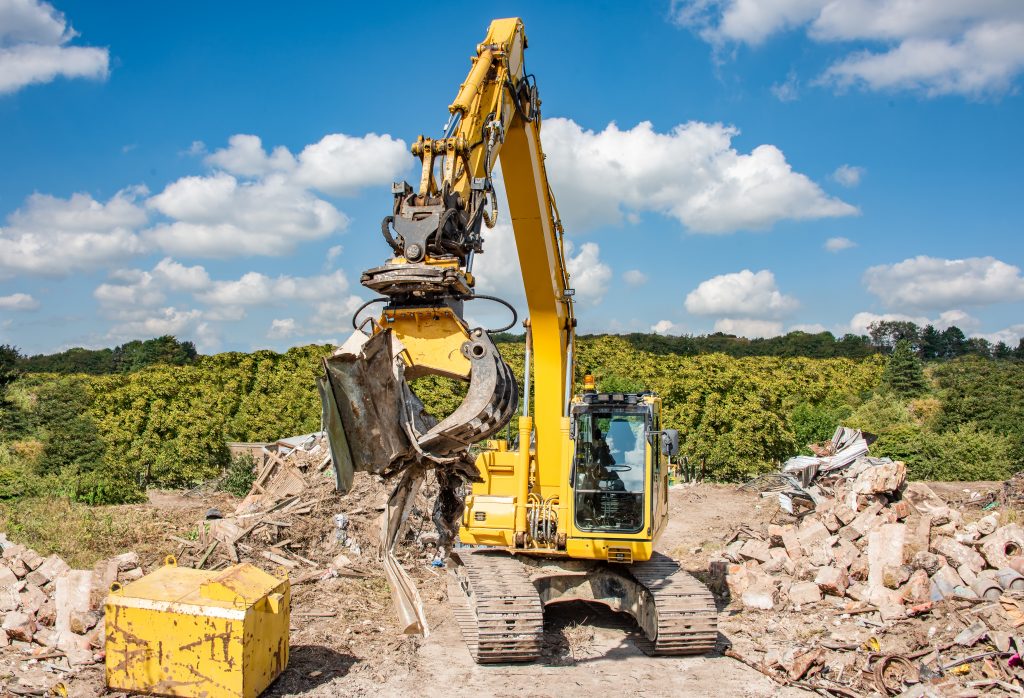Extreme climates pose a multitude of challenges for construction materials, including corrosion and degradation that can compromise their structural integrity. Traditional building materials such as steel and concrete are not always suitable for these environments, as they can be susceptible to chemical reactions and thermal stresses that can negatively impact their performance. As a result, there is a growing demand for materials that are designed to provide long-lasting performance in even the most challenging environments.
One of the most promising areas of research in this field relies on the discovery of innovative materials that can withstand extreme temperatures, corrosion, and mechanical stress. These alloys are designed to provide long-lasting performance and resistance to degradation. Researchers have been exploring the properties of materials such as high-strength steels and advanced composites, which have shown exceptional resistance to corrosion and high-temperature degradation.
In addition to traditional metals, researchers are also exploring the potential of innovative materials such as composite materials. These materials have unique properties that make them attractive for use in construction projects in extreme climates. For site (dfsoft.co.kr) example, nanomaterials have been shown to have improved electrical conductivity and thermal stability, while composite materials have been shown to have improved strength and durability.
Another critical aspect of developing alloys for construction in extreme climates is the need for sustainability and environmental responsibility. As the construction industry continues to grow, there is a increasing demand for materials that are not only durable and resilient but also environmentally friendly and sustainable.
Researchers are using a variety of techniques to test and refine material designs. These techniques include materials testing and field trials. Computational modeling allows researchers to simulate the behavior of materials under different environmental conditions, enabling them to refine their designs and develop new materials.
In the world's growing demand for sustainable infrastructure is driving innovation, developing alloys for construction in extreme climates is a critical challenge. As climate change continues to shape the world, there is a growing demand for materials that can withstand degradation and thermal stresses. Researchers are making significant strides in the development of high-performance alloys that combine strength, toughness, and corrosion resistance. By combining cutting-edge research with eco-friendly materials and production techniques, we can create materials that are not only durable and resilient but also capable of being easily recycled.

